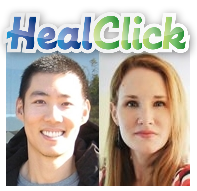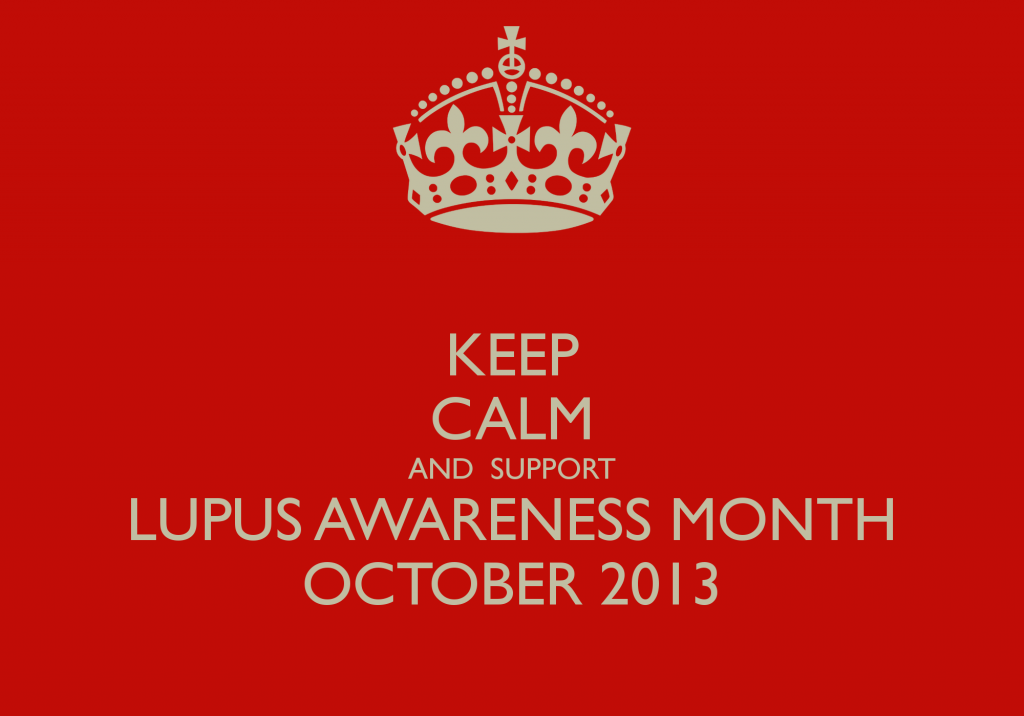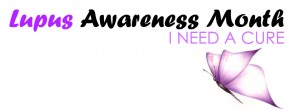Welcome to the latest in our series of informational blog posts looking at some different auto-immune conditions. For a fuller explanation of what it means to have an auto-immune condition please go to our previous blog on the subject – https://patienttalk.org/?p=939
Behçet’s disease (also called Behçet’s syndrome) is a rare medical condition which leads to inflammation of the blood vessels. This in turn can cause some of the following symptoms:-
1) Mouth ulcers. In fact almost all people with Behçet’s disease will get mouth ulcers.
2) Genital ulcers. Again around 85% of people with the syndrome will develop very painful genital ulcers.
3) Skin lesions such as acne appear in most cases of the condition. The skin in general can also become more sensitive.
4) Inflammation of the joints can occur leading to arthritis like symptoms.
5) Inflammation of the eye. While only a minority of people with Behçet’s disease develop this symptom it can lead to permanent loss of vision.
6) Inflammation of the veins and central nervous system. This is rare however.
Currently the causes of Behçet’s disease are unknown. However some theories suggest a combination of genetics combined with environmental factors such as infections like Herpes or Hepatitis.
One of the interesting features of the condition is its incidence across the globe. In the UK for example there are only a few hundred people with the condition. But in Turkey it runs into the tens of thousands. In fact it is most common in countries which were once part of the Silk Road. This includes much of the Middle East, Central Asia and China. Though Japan has high rates as well. This, of course, does point to a genetic origin.
Because Behçet’s disease is widely considered to be an auto-immune condition typical treatments involve immunosuppressants.
One of the features of these kinds of blogs is that we really like feedback from our readers. It would be great if people with Behçet’s disease could use the comments box below to tell their stories. You might like to consider the following questions though any aspect of your story will be of interest to our readers.
a) What were your original symptoms of Behçet’s disease? How did the condition develop?
b) Which healthcare professionals have you seen as part of your diagnosis and treatment?
c) What treatments for Behçet’s disease have you used and how successful were they?
d) What do you think the causes of your Behçet’s disease might be?
We look forward to reading your contributions.
Many thanks in advance.



